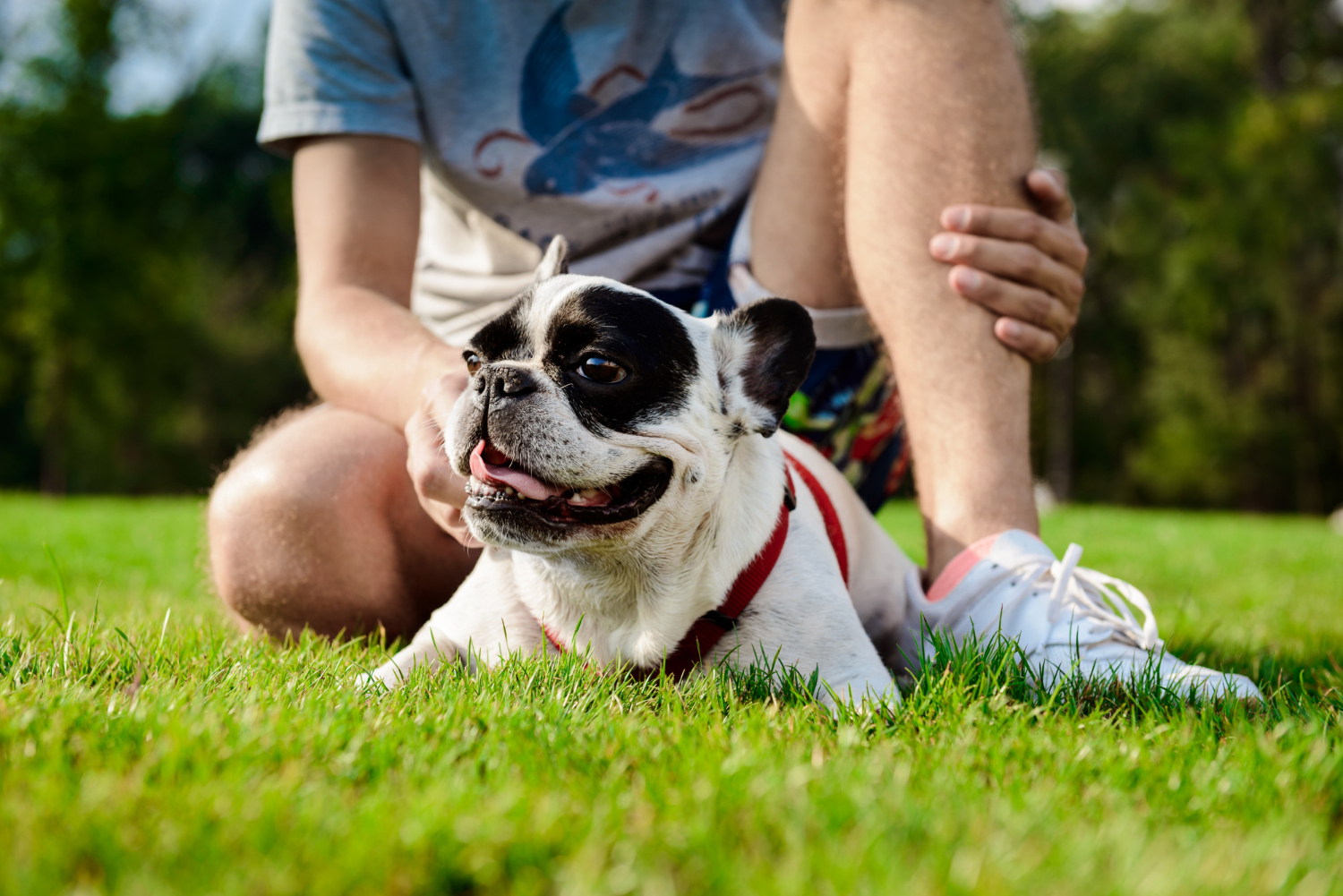Warmer weather brings more trips to the park, longer walks in the neighborhood…and seasonal allergies for your furry friend. Just like humans, dogs can experience seasonal allergies. While these allergens that impact our pups may be fairly minor, there are still steps you can take to make sure your dog is feeling their best.
Recognizing the Signs
If you’re wondering if your pup may be experiencing seasonal allergies, there are quite a few signs to look out for, including:
- Excessive scratching or biting of the skin
- Reddened ears or ear infections
- Watery eyes and redness
- Hair loss
- Sneezing
- Difficulty breathing
Luckily, there are plenty of ways to manage seasonal allergies. First, make sure you are keeping your dog clean with frequent baths to soothe their skin. Maintain their health by routinely brushing their coat and using products that moisturize. Ask Russ, our master groomer, for product and care suggestions for your dog’s coat and skin. It’s also a good idea to make sure you’re washing any blankets and bedding that may have picked up pollen and other allergens.
Choose to go for a walk and outdoor activities during times when the pollen count is low. Upon arriving home, wipe your dog’s paws and fur to remove any allergens. If you’re not able to get outside, there are plenty of enriching ways to keep your dog entertained in your home.
If your dog’s allergies are severe, consult with a vet who can provide alternative treatment options. There may be medications or treatments that can help your dog fight these symptoms.
Flea and Tick Prevention
Beyond worrying about seasonal allergies, warmer weather tends to be the season for fleas and ticks. These nasty critters can carry and transmit diseases to your dog, so it’s important to be vigilant. Fleas can cause extreme itching, hair loss, and skin infections. Ticks can transmit Lyme Disease and other severe illnesses to your dog. It’s necessary to do thorough checks on your dog after spending time outside, especially when in environments where ticks and fleas thrive.
At The Canine Culture, we offer skincare treatments designed to help your furry friend with skin irritations, tick and flea prevention, and sensitive skin. Routine grooming is a key element of your dog’s care, as nail trimming, teeth cleaning, regular brushing, and more affect their overall health and wellness. Generally, dogs with thicker or longer coats require grooming every 4 to 6 weeks. Dogs with shorter coats could benefit from grooming every 6 to 8 weeks.
Spring Into Fun
Being mindful of seasonal allergies allows you and your dog to have more fun during the warmer seasons. If you’re looking for fun activities to do with your furry friend, consider going for a hike, taking a camping trip, or heading to the park for some outdoor fun. Don’t let seasonal allergies get in the way of your dog’s wellbeing.

